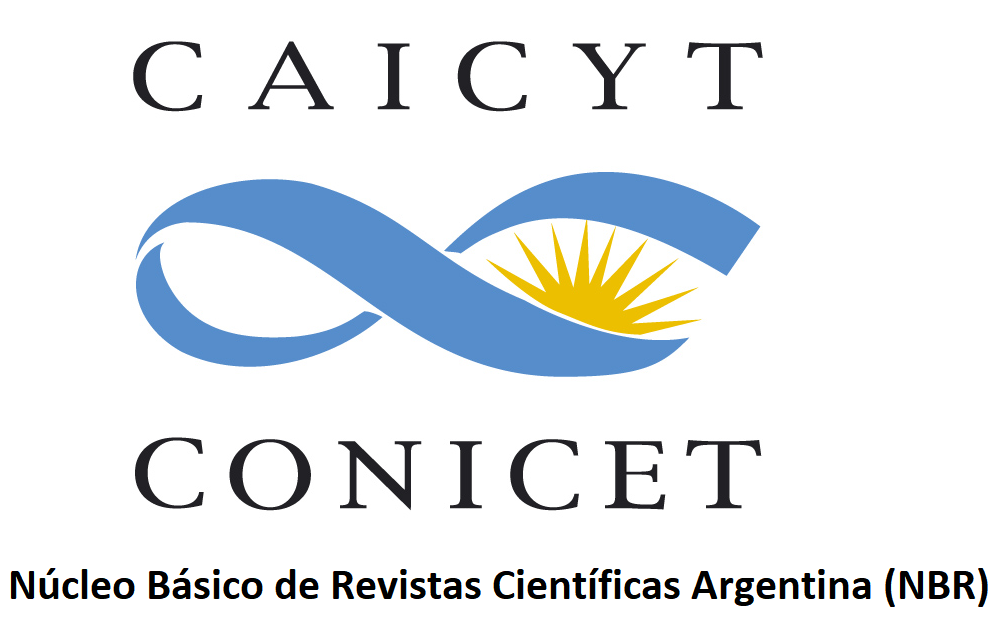Knowledge extraction from artificial neural networks (ANN) trained to estimate daily reference evapotranspiration in southeastern of rolling pampas of Argentina.
Resumen
Evapotranspiration is an important component of hydrologic balance and represent essential information for irrigation scheduling and water resources planning. Sometimes, the use of the recommended Penman-Monteith method is restricted by the lack of input variables and, therefore, empirical methods become essential.The study aimed: a) to develop and evaluate the performance of models based on artificial neural networks (ANN) to estimate daily values of reference evapotranspiration (ET0PM) with a limited number of input variables and b)to apply methods of knowledge extraction based on connection weights and sensitivity analysis to better understanding of ANN. Daily evapotranspiration values computed following the Penman-Monteith equation (ET0PM), were used as target outputs for the implementation of the ANN. Data of global radiation (Rg), net radiation (Rn) and extraterrestrial radiation (RTA) were alternated in combinations with air temperature (Ta), vapor pressure deficit (DPV) and wind (u) as inputs to networksof type multilayer perceptron. Also, combinations with basis in RTA and minimum and maximum air temperatures(Tmin, Tmax) were tested. The ANN with best performance for each combination of inputs were retained to evaluate the performance based on multi-criteria analysis. According to the results, it can be concluded that it is possible to estimate accurately daily ET0PM values. Air temperature and deficit of pressure vapor were found to be more effective than wind velocity in modelling ET0, whichever the radiation (Rn, Rg or RTA) used as input.A decomposition method based on Garson’s algorithm was applied to quantify the relative importance for each input variable. Sensitivity analysis was also performed to identify relevant inputs and quantify the risk of a certain combination of inputs on target values. The application of complementary proceduresin evaluation of ANN models is discussed, paying attentionespecially on detection of the better predicting variables and analysis of errors.














